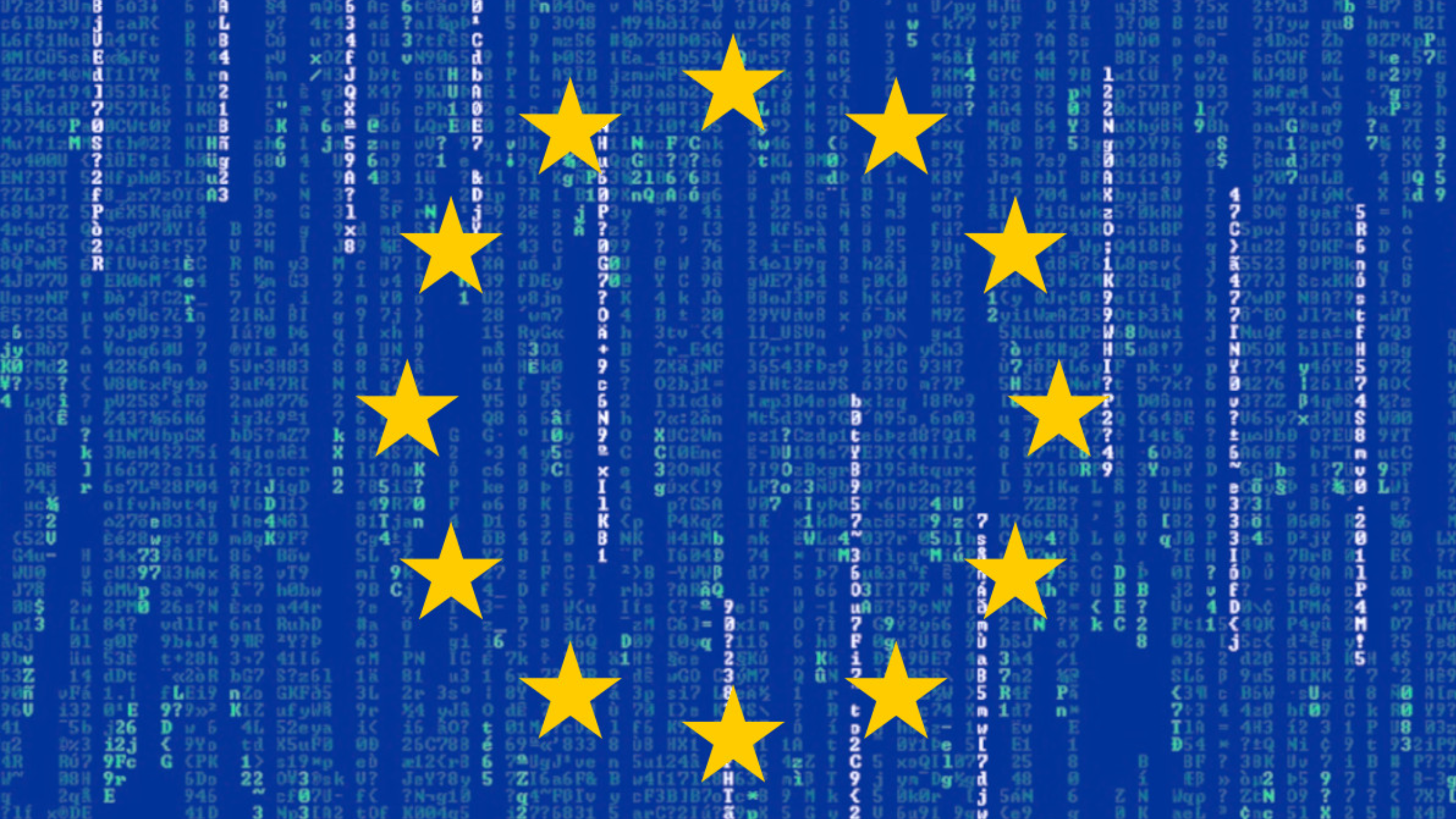Europeans Support Stronger EU Oversight of Big Tech Influence

A recent YouGov survey has revealed that a majority of people in France, Germany, and Spain believe the European Union’s enforcement of regulations on Big Tech companies is too weak. Conducted on behalf of two NGOs, People vs Big Tech and WeMove Europe, the survey sheds light on widespread dissatisfaction with how the EU currently manages the influence of large technology firms.
The findings come two years after the European Union passed the Digital Services Act (DSA) and the Digital Markets Act (DMA). These two major legislative tools were created to address growing concerns about online safety, consumer rights, data transparency, and monopolistic behaviors by Big Tech platforms. However, despite these legal advancements, many citizens across Europe still feel that enforcement remains overly relaxed.
Survey Findings Highlight Demand for Stronger Enforcement
The survey conducted by YouGov sampled over 6,000 citizens across France, Germany, and Spain. It asked respondents whether they felt the EU’s regulation of Big Tech companies was too strict, too relaxed, or about right.
In France, 63% of respondents said EU enforcement is too relaxed. Germany followed with 59% of respondents agreeing, while 49% in Spain also expressed the same opinion. These results suggest that close to—or over—half the populations in these major EU countries do not believe current enforcement is adequate.
Meanwhile, only a small percentage of citizens believed the EU is being too strict. Just 7% of French respondents, 8% of Germans, and 9% of Spaniards felt that the enforcement measures are overly harsh. These figures strongly reflect a public call for firmer action and tighter regulatory control over Big Tech companies.
EU Digital Laws Face Geopolitical and Enforcement Challenges
The Digital Services Act (DSA) and the Digital Markets Act (DMA) were adopted by the EU in 2022 with the goal of increasing transparency, holding digital platforms accountable, and preventing monopolistic practices. These laws are part of a broader European digital strategy to ensure safer online environments and fair market competition.
However, their implementation has not gone unnoticed by global partners. The United States has raised concerns about these regulations, suggesting that they may serve as unjustified non-tariff barriers aimed at American technology firms. The issue has since evolved into a trade debate between the EU and the US, adding pressure to Europe’s approach to tech governance.
Despite these tensions, EU leaders remain firm. EU Competition Commissioner Teresa Ribera addressed the matter in an interview with Euronews, asserting the Union’s stance. “We are going to defend our sovereignty,” Ribera said. “We will defend the way we implement our rules, we will defend a well-functioning market and we will not allow anyone to tell us what to do.”
This response highlights the EU’s commitment to upholding its digital regulatory framework, regardless of external diplomatic or trade-related challenges.
Public Perception: Big Tech Seen as More Powerful Than the EU
Perhaps one of the most eye-opening findings of the YouGov survey is the public’s perception of the power dynamic between Big Tech companies and the EU itself. A significant portion of respondents believes that Big Tech has more power than the European Union.
In France, 50% of those surveyed stated that they view tech companies as “more powerful” or “slightly more powerful” than the EU. Similarly, 48% of German respondents and 55% of Spanish respondents felt the same way. These results reflect a growing concern that democratic institutions may be losing influence to private technology corporations.
On the flip side, only 9% of French, 12% of German, and 15% of Spanish participants said they believed Big Tech is less powerful than the EU. The imbalance in public perception suggests a trust gap—one that can only be closed through visible, effective, and accountable regulatory action by the EU.
What Is the Digital Services Act and Digital Markets Act?
For those unfamiliar with the specifics of these two laws, the Digital Services Act (DSA) aims to regulate online platforms, requiring them to take stronger actions against illegal content, disinformation, and algorithmic manipulation. It emphasizes content moderation, transparency in advertising, and better protections for minors and users’ rights.
The Digital Markets Act (DMA), on the other hand, targets “gatekeeper” companies—those with a strong hold over digital markets. This includes companies offering popular search engines, operating systems, or app stores. The DMA mandates that these gatekeepers ensure fair competition, avoid self-preferencing their own products, and prevent data exploitation.
Together, the DSA and DMA form the cornerstone of the EU’s strategy to make digital markets more transparent, safe, and competitive. Yet, these laws are only as effective as their enforcement—and the latest survey reveals that citizens doubt the enforcement is working as intended.
European Citizens Express Growing Concern Over Digital Power Imbalance
The belief that Big Tech holds more power than national or regional institutions is not new, but the fact that this perception is now shared by a majority in multiple countries is noteworthy. In democracies where institutions are expected to serve the public interest, this imbalance raises serious questions.
Such a dynamic may also affect civic engagement, electoral processes, and media integrity. When people perceive that unelected corporations can shape society more than elected governments or intergovernmental institutions, public confidence in democratic systems can be undermined.
Therefore, the call for stronger enforcement is not just about market fairness or data transparency—it is about protecting the democratic fabric of European societies from corporate overreach.
EU Must Reinforce Commitment to Tech Accountability
If the European Union is to maintain public trust and digital sovereignty, it must reinforce its commitment to holding powerful tech platforms accountable. This involves not just legislation, but also ensuring that enforcement agencies are well-equipped, well-funded, and independent.
Moreover, the EU will need to demonstrate that these laws can be applied fairly, consistently, and effectively, regardless of whether the companies involved are European, American, or from anywhere else. Citizens are not only asking for regulation; they are asking for results they can see and feel—less disinformation, safer online environments, and fairer digital competition.
Strengthening enforcement mechanisms and improving transparency around enforcement actions could go a long way toward meeting these public demands.
Global Cooperation Can Support National and Regional Tech Governance
The conversation around tech regulation isn’t limited to Europe. Countries like India, Australia, and South Korea have also introduced or are considering similar regulations targeting digital platforms. Even in the United States, where many of the world’s largest tech companies are based, there have been growing calls for stricter data protection and antitrust enforcement.
While Europe’s approach is currently among the most comprehensive, international cooperation will likely be key to future progress. A globally coordinated approach could prevent regulatory loopholes, create a more predictable environment for tech companies, and ensure that user rights are respected across borders.
Still, these efforts must be grounded in mutual respect and the recognition that every region has the right to govern its digital spaces according to its own democratic processes and public expectations.
Citizens Want the EU to Act Boldly on Tech
The latest survey data offers a clear signal from the public: people across France, Germany, and Spain want the European Union to take firmer action against the unchecked power of Big Tech. With close to two-thirds calling current enforcement “too relaxed” and many expressing belief that tech companies now surpass the EU in power, the urgency for action has never been clearer.
The Digital Services Act and Digital Markets Act provide the tools, but now the EU must show the political will to use them decisively. Strengthening enforcement, increasing transparency, and maintaining independence from foreign pressure are vital steps toward reclaiming democratic control over the digital future.
At this pivotal moment, the European Union must answer its citizens’ call—not with more promises, but with real action that puts the public interest first in the digital age.








2 Comments
[…] Barrot, and aims to enlist 1,000 volunteers before the end of the year. Open to French and European citizens over the age of 18, the program prioritizes public interest and civic responsibility, requiring […]
[…] a move set to shape the course of global diplomacy, Iran will engage in nuclear discussions with European powers Britain, France, and Germany on Friday in Istanbul. The dialogue arrives at a time when […]
Comments are closed.